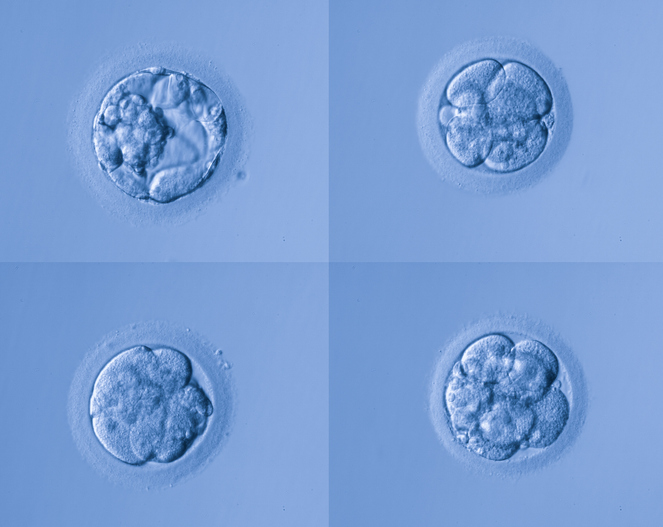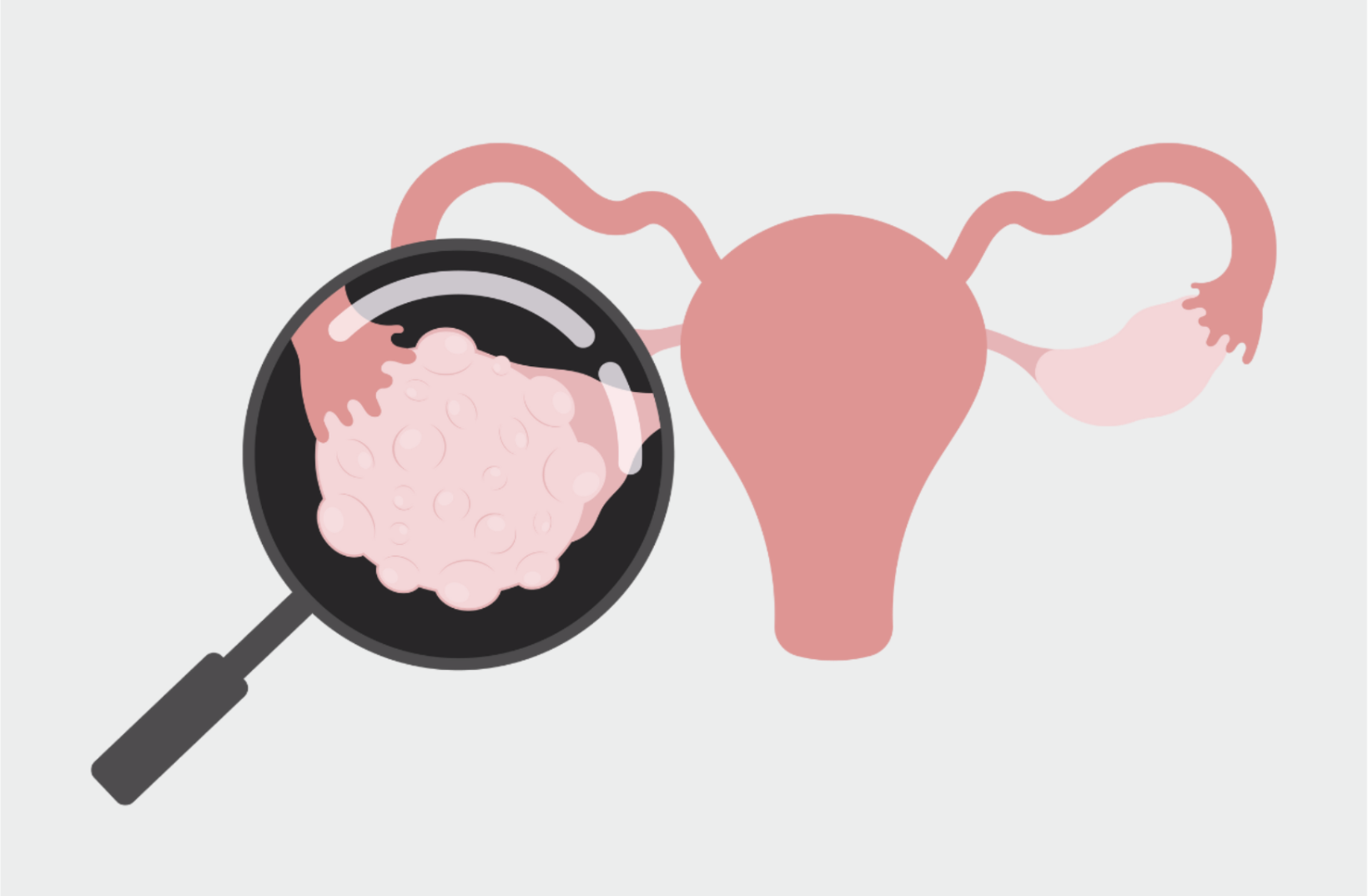Knowledge is power
We want you to feel confident making choices about your own fertility. Whether you’re considering egg freezing for the first time or have donated eggs before, we believe there’s always something new to learn.
Thank you! Your submission has been received!
Oops! Something went wrong while submitting the form.












